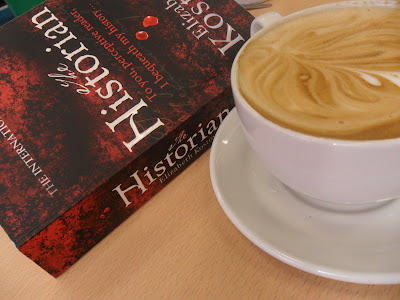 Waterstone's no longer seem to stock the latest Louise Erdrich titles. Plenty of shelf space for charmless celebrity biographies, but no space for a fine contemporary American writer. I suppose it is market driven. Here in the UK I have to order Erdrich's latest novels when I find out about them from blogger friends who are also fans, such as Frisbee Wind or from the website for Erdrich's bookshop Birchbark Books.
Waterstone's no longer seem to stock the latest Louise Erdrich titles. Plenty of shelf space for charmless celebrity biographies, but no space for a fine contemporary American writer. I suppose it is market driven. Here in the UK I have to order Erdrich's latest novels when I find out about them from blogger friends who are also fans, such as Frisbee Wind or from the website for Erdrich's bookshop Birchbark Books. If you are new to this writer I would suggest starting with Love Medicine or, my favourite, The Beet Queen. Her novels are not for the faint-hearted - I don't mean that they are gruesome - I mean that many of them examine the harsh realities of life for those living on and around the reservations. Shadow Tag arrived last week and I started reading on Sunday night. Something nice about beginning a much-anticipated novel on a Sunday - kind of sets you up for the week!
Finished The Historian. I thought it was very well-written but could have been edited by at least 200 pages for a sharper story. Too much travel and history and not enough character development for my tastes. That said, it genuinely made me jump a couple of times and there was some beautiful descriptive writing:
At farms along the road we stopped to buy picnics better than any restaurant could have made for us: boxes of new strawberries that gave off a red glow in the sun and seemed not to need washing; cylinders of goat's cheese weighty as barbells and encrusted with a rough grey mould as if they'd been rolled across a cellar floor.





